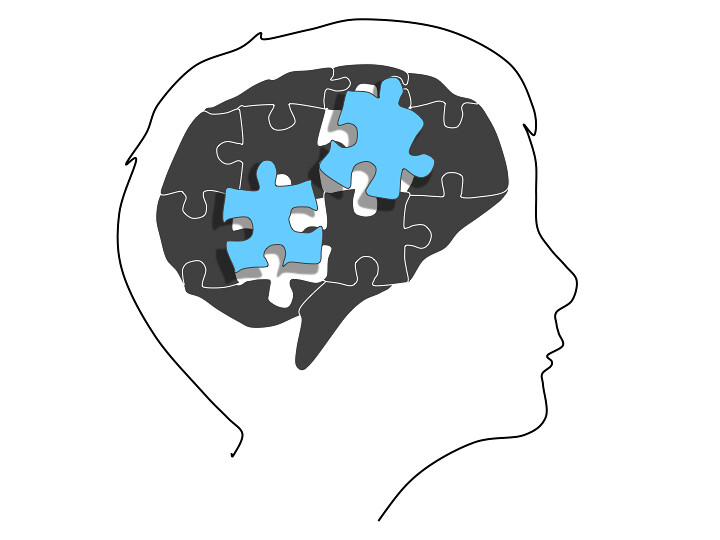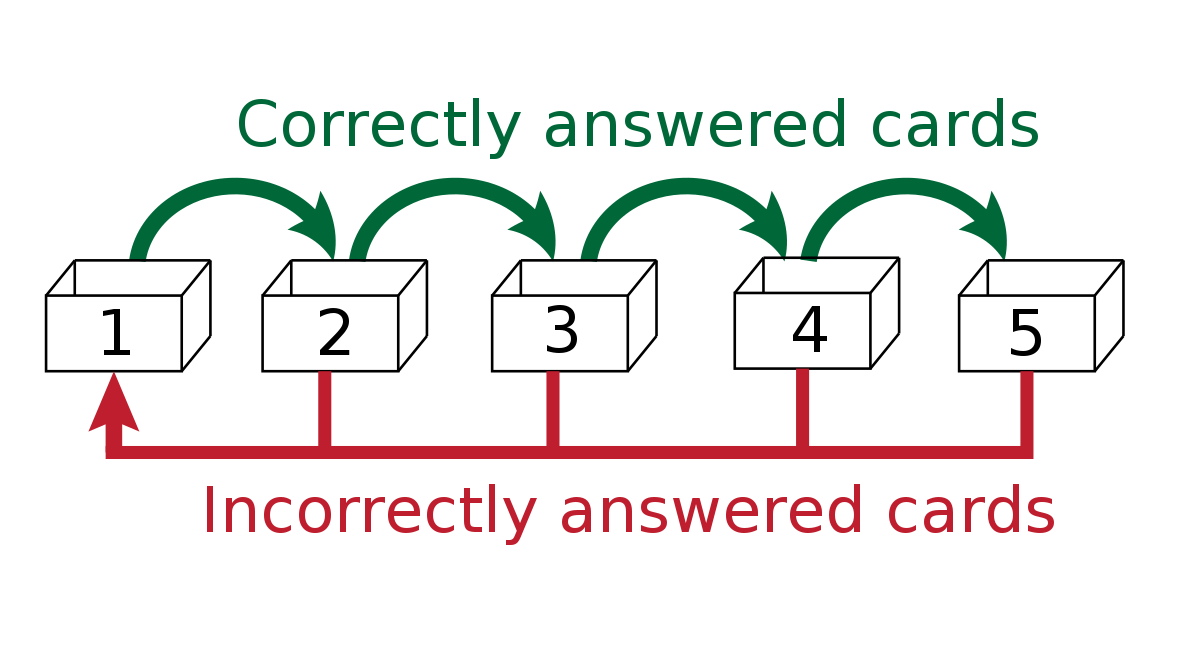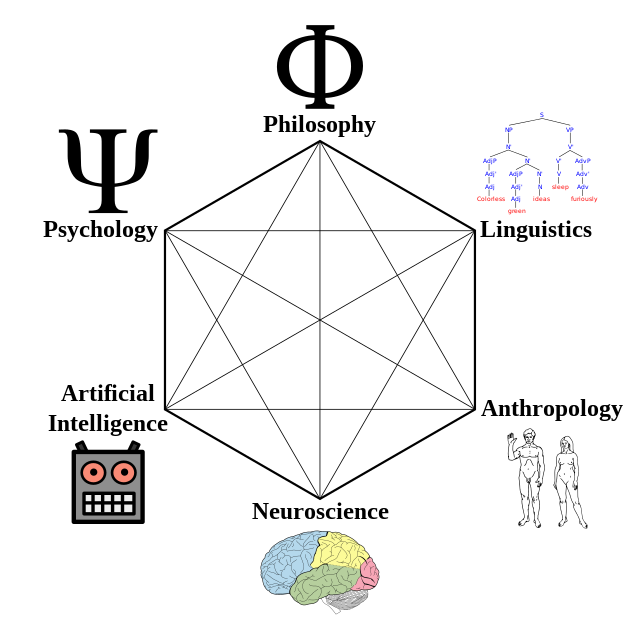As someone who often struggles with memory lapses, I have explored various techniques and strategies to fix and improve my memory. In this article, I will share some effective ways that have helped me enhance my memory and might benefit others as well.
Healthy Lifestyle Habits for Better Memory
1. Exercise Regularly: Engaging in regular physical exercise can improve memory and cognitive function. Aim for at least 150 minutes of moderate-intensity aerobic activity every week to keep your brain healthy and enhance memory retention.
2. Eat a Healthy Diet: Maintain a balanced diet rich in fruits, vegetables, whole grains, lean proteins, and healthy fats. Omega-3 fatty acids, found in fish and nuts, are particularly beneficial for brain health and memory improvement.
3. Get Quality Sleep: Make sure to get enough sleep each night, as sleep deprivation can impair memory and cognitive function. Aim for 7-9 hours of uninterrupted sleep to support memory consolidation and overall brain health.
4. Manage Stress: Chronic stress can negatively impact memory and cognitive abilities. Try stress management techniques such as meditation, deep breathing exercises, or mindfulness to reduce stress levels and improve memory.
5. Engage in Brain Training: Challenge your brain with puzzles, crosswords, or memory exercises to keep your mind sharp and enhance memory function. Lifelong learning and mental stimulation are key to maintaining a healthy memory.
6. Limit Alcohol Consumption: Excessive alcohol consumption can impair memory and cognitive function. Stick to moderate drinking or abstain from alcohol altogether to promote better memory and overall brain health.
7. Maintain a Healthy Weight: Obesity and high body mass index (BMI) have been linked to memory problems and cognitive decline. Adopt a healthy lifestyle that includes regular exercise and a balanced diet to maintain a healthy weight and support memory function.
8. Stay Socially Active: Maintaining social connections and engaging in social activities can help improve memory and cognitive function. Stay connected with friends and family, join clubs or groups, and participate in community activities to keep your brain active and healthy.
9. Protect Your Brain: Take steps to prevent brain injuries, such as wearing protective headgear during sports or using seat belts in vehicles. Brain damage can have long-term effects on memory and cognitive abilities.
10. Seek Expert Advice: If you experience persistent memory problems or concerns, consult a healthcare professional or memory specialist. They can provide guidance, evaluate your memory function, and offer appropriate interventions if necessary.
Exercise for a Stronger Memory
Regular physical activity has been shown to have numerous benefits for both the body and the mind. When it comes to memory, exercise can be a powerful tool for improvement and maintenance. Here are some ways exercise can help strengthen your memory:
1. Engage in aerobic exercise: Activities like brisk walking, running, swimming, or cycling can increase blood flow to the brain and stimulate the growth of new brain cells. Aim for at least 150 minutes of moderate-intensity aerobic exercise every week.
2. Include strength training: Resistance exercises, such as weightlifting or using resistance bands, can also benefit your memory. Strength training helps improve cognitive function and enhances memory performance.
3. Get moving throughout the day: In addition to dedicated exercise sessions, try to incorporate more physical activity into your daily routine. Take the stairs instead of the elevator, walk or bike to work, or go for a short walk during your lunch break.
4. Combine exercise with mental challenges: Engaging in activities that challenge your brain while exercising can have even greater benefits for memory. Try activities like playing chess, solving puzzles, or learning a new language while on a stationary bike or treadmill.
5. Stay consistent: To see long-term improvements in memory, it’s important to make exercise a regular part of your routine. Aim for at least 3 to 5 days of exercise per week to maintain the benefits.
The Power of Sleep on Memory
Getting enough sleep is crucial for maintaining and improving memory. When you sleep, your brain goes through a process called memory consolidation, where it strengthens and stores memories from the day. By prioritizing a good night’s sleep, you can enhance your memory and cognitive function.
One way to optimize your sleep for memory improvement is to establish a consistent sleep schedule. Aim for seven to nine hours of sleep each night and try to go to bed and wake up at the same time every day. This routine helps regulate your body’s internal clock and promotes better sleep quality.
Creating a relaxing sleep environment is also important. Make sure your bedroom is cool, dark, and quiet. Remove any distractions that may hinder your sleep, such as electronic devices or excessive noise. Consider using earplugs or a white noise machine to block out any disruptive sounds.
Additionally, practicing good sleep hygiene can greatly impact your memory. Avoid consuming caffeine or alcohol close to bedtime, as they can interfere with your sleep quality. Engage in regular exercise during the day, but avoid intense workouts too close to bedtime, as it can make it more difficult to fall asleep. Lastly, wind down before bed by engaging in calming activities such as reading or taking a warm bath.
If you’re having trouble falling asleep or staying asleep, consider incorporating relaxation techniques into your bedtime routine. Try deep breathing exercises or progressive muscle relaxation to help relax your body and mind before sleep. These techniques can reduce stress and anxiety, which can negatively affect your memory and overall well-being.
Remember, a good night’s sleep is not only essential for memory improvement but also for your overall health and well-being. Prioritize sleep and create a sleep routine that works for you. Your memory will thank you.
Stay tuned for more tips on how to fix and improve memory!
python
import random
# Create a list to simulate memory usage
memory = [random.randint(1, 100) for _ in range(1000)]
# Function to fix memory by removing duplicates
def fix_memory(memory):
return list(set(memory))
# Call the function to fix memory
fixed_memory = fix_memory(memory)
# Print the original and fixed memory
print("Original Memory:", memory)
print("Fixed Memory:", fixed_memory)
In this example, we simulate memory usage by creating a list of random integers. The `fix_memory` function removes any duplicates from the list using the `set` data structure. Finally, we print the original memory and the fixed memory to demonstrate the concept.
Social Connections and Memory Improvement

Stay socially connected to boost your memory and cognitive function. Engaging in meaningful conversations and interactions helps stimulate brain activity and enhance memory formation. Make an effort to spend time with friends, join social clubs, or participate in group activities that interest you.
Challenge your brain with brain training exercises and games. Crossword puzzles, Sudoku, and memory games can help improve your working memory and enhance cognitive function. Dedicate some time each day to these activities to keep your brain sharp and improve your memory.
Practice mindfulness and relaxation techniques to reduce stress and improve memory. Techniques like meditation, deep breathing exercises, and yoga can help calm your mind and improve your ability to focus and retain information.
Maintain a healthy diet rich in brain-boosting nutrients. Include foods like fatty fish, nuts, seeds, fruits, and vegetables in your diet. These foods contain essential nutrients like omega-3 fatty acids, antioxidants, and vitamins that support brain health and enhance memory.
Get enough sleep to optimize your memory function. Lack of sleep can impair your cognitive abilities and memory. Aim for 7-9 hours of quality sleep each night to support optimal brain function and memory consolidation.
Manage chronic conditions like cardiovascular disease, diabetes, and obesity, as they can negatively impact memory and cognitive function. Adopt a healthy lifestyle that includes regular exercise, a balanced diet, and proper medical management to mitigate the effects of these conditions on your memory.
By incorporating these strategies into your daily routine, you can improve your memory and enhance your overall cognitive function. Stay socially connected, challenge your brain, practice relaxation techniques, maintain a healthy diet, get enough sleep, and manage chronic conditions to optimize your memory and cognitive abilities.
Stress Management Techniques for Memory Enhancement

Managing stress is essential for improving memory. Here are some techniques that can help:
1. Practice relaxation techniques: Engaging in activities like deep breathing exercises, meditation, and yoga can help reduce stress levels and improve memory.
2. Follow a healthy diet: Consuming a balanced diet rich in fruits, vegetables, whole grains, and lean proteins can support brain health and enhance memory. Avoid excessive consumption of fat and sugary foods.
3. Exercise regularly: Physical activity not only improves cardiovascular health but also enhances memory and cognitive function. Aim for at least 150 minutes of moderate-intensity exercise per week.
4. Get enough sleep: Quality sleep is crucial for memory consolidation. Aim for 7-9 hours of uninterrupted sleep every night.
5. Manage stress: Engage in stress-reducing activities such as socializing, pursuing hobbies, and practicing mindfulness to lower stress levels and improve memory.
6. Stay mentally active: Engaging in activities that challenge your brain, such as puzzles, reading, and learning new skills, can help improve memory and cognitive abilities.
7. Avoid multitasking: Focusing on one task at a time can help improve concentration and memory retention.
Nutrition Tips for a Sharper Memory
- Include omega-3 fatty acids in your diet:
- Consume fatty fish like salmon, sardines, and trout.
- Add flaxseeds, chia seeds, and walnuts to your meals.
- Consider taking fish oil supplements after consulting with a healthcare professional.
- Incorporate antioxidants into your meals:
- Include a variety of colorful fruits and vegetables in your diet.
- Consume berries such as blueberries, strawberries, and blackberries.
- Incorporate leafy greens like spinach and kale into your meals.
- Get enough vitamin E:
- Include foods rich in vitamin E such as almonds, peanuts, and sunflower seeds.
- Consider using vitamin E supplements after consulting with a healthcare professional.
- Include whole grains in your diet:
- Choose whole grain options like brown rice, quinoa, and whole wheat bread.
- Avoid refined grains and opt for whole grain alternatives.
- Consume foods rich in vitamin C:
- Include citrus fruits like oranges, grapefruits, and lemons in your diet.
- Integrate vegetables such as bell peppers, broccoli, and tomatoes into your meals.
- Stay hydrated:
- Drink an adequate amount of water throughout the day.
- Avoid excessive consumption of sugary beverages and alcohol.

- Limit processed and sugary foods:
- Avoid or minimize the intake of processed snacks, sugary desserts, and sugary drinks.
- Opt for healthier alternatives like fresh fruits, nuts, and homemade snacks.
- Maintain a balanced diet:
- Ensure your meals include a combination of lean proteins, whole grains, fruits, vegetables, and healthy fats.
- Avoid skipping meals and aim for regularity in your eating pattern.
- Consider consulting a registered dietitian for personalized dietary advice.
Techniques to Enhance Learning and Recall
- Chunking:
- Break down information into smaller, manageable chunks.
- Organize related information together.
- Use mnemonics or acronyms to remember the chunks.
- Spaced Repetition:
- Review information at regular intervals over time.
- Increase the time intervals between each review session.
- Focus on the information that is more difficult to recall.
- Utilize flashcards or online tools for spaced repetition.

- Visualization:
- Create mental images or visual representations of information.
- Associate new information with familiar or vivid images.

- Draw diagrams or charts to visually organize and connect ideas.
- Active Learning:
- Engage with the material actively rather than passively.
- Participate in discussions or group activities related to the topic.
- Teach the information to someone else to reinforce learning.
- Apply the knowledge through practice exercises or real-life scenarios.
- Contextual Learning:
- Relate new information to existing knowledge or experiences.
- Connect the material to real-world situations or examples.
- Use different contexts or environments while studying to enhance recall.
- Engage multiple senses, such as listening to audio recordings or watching videos.

